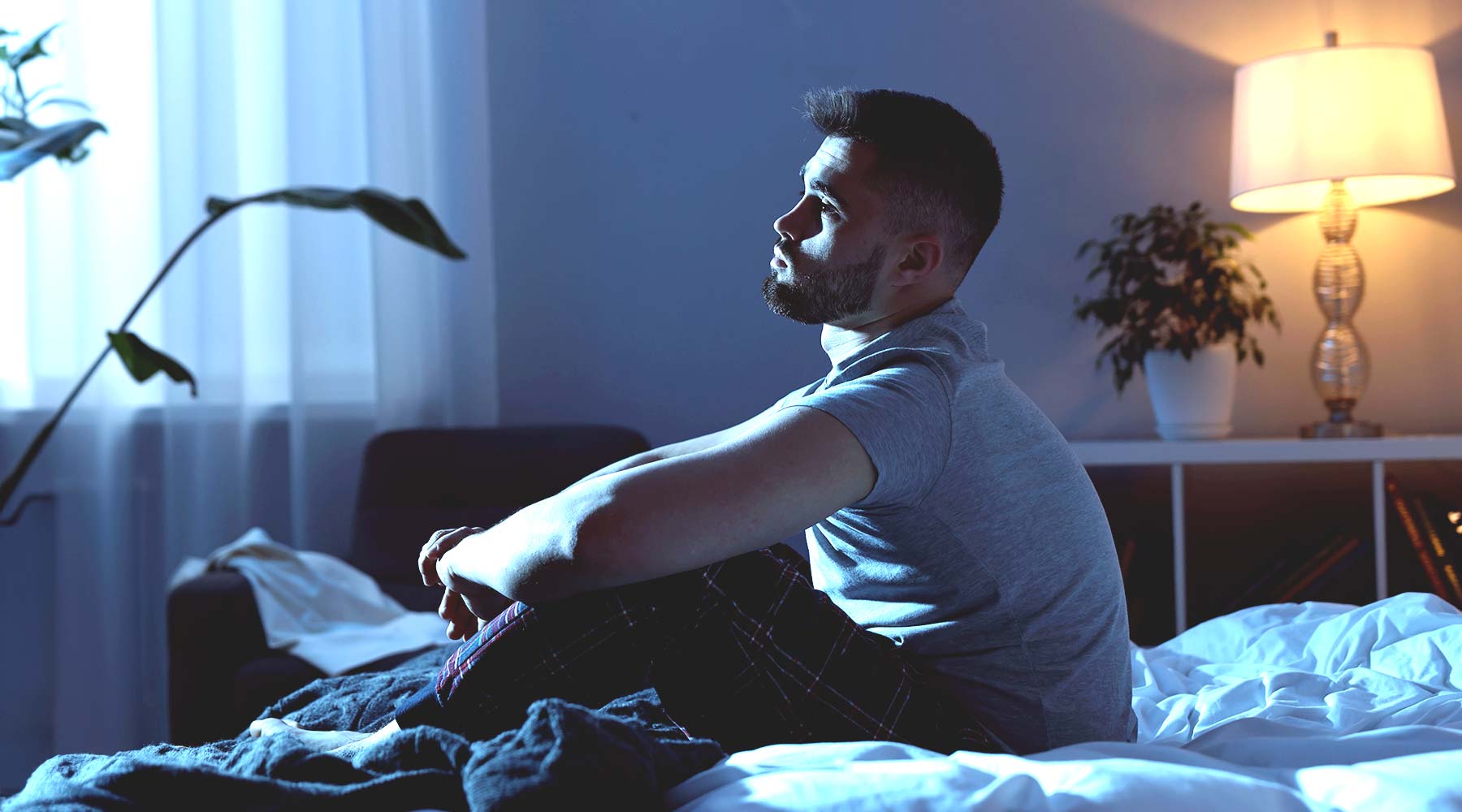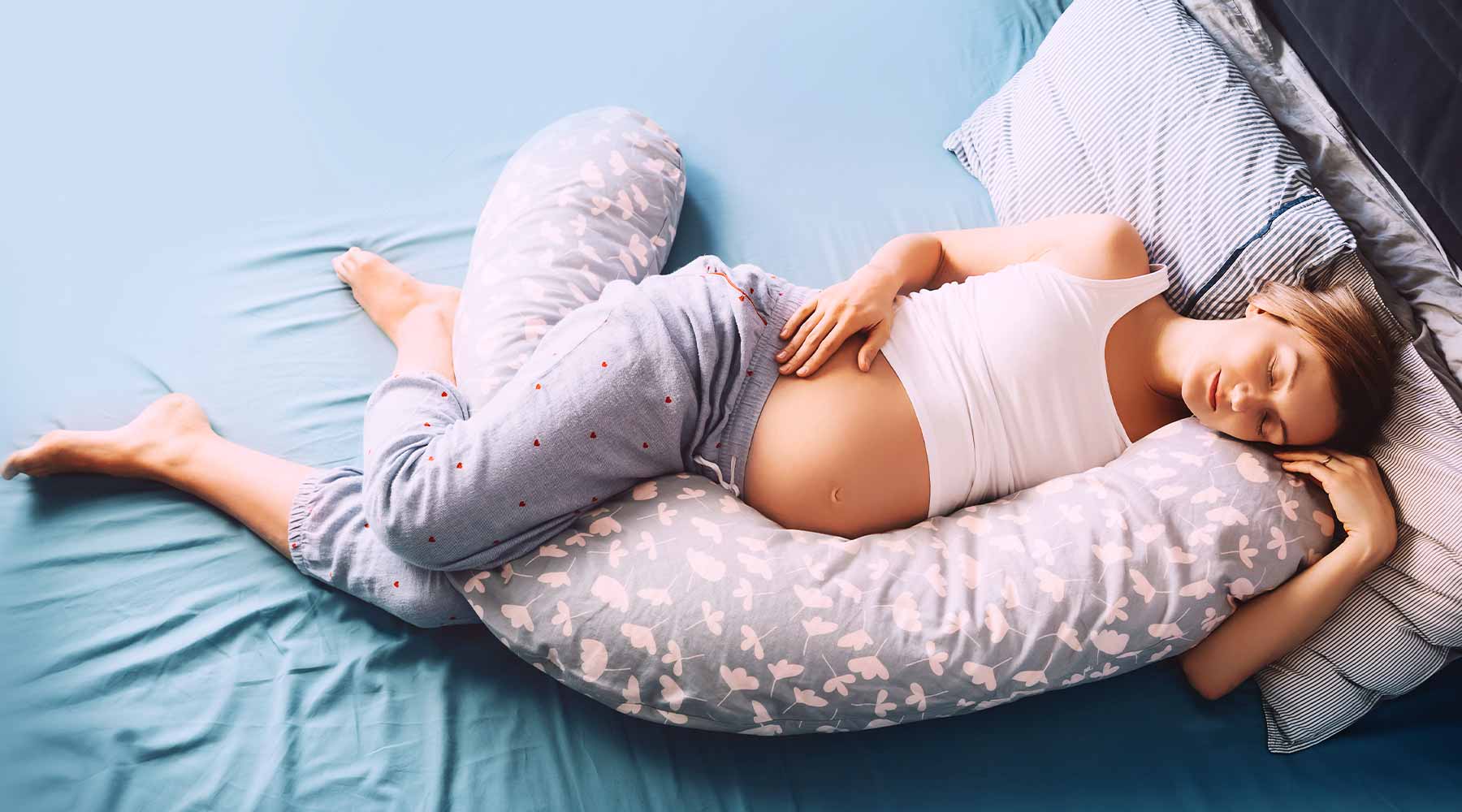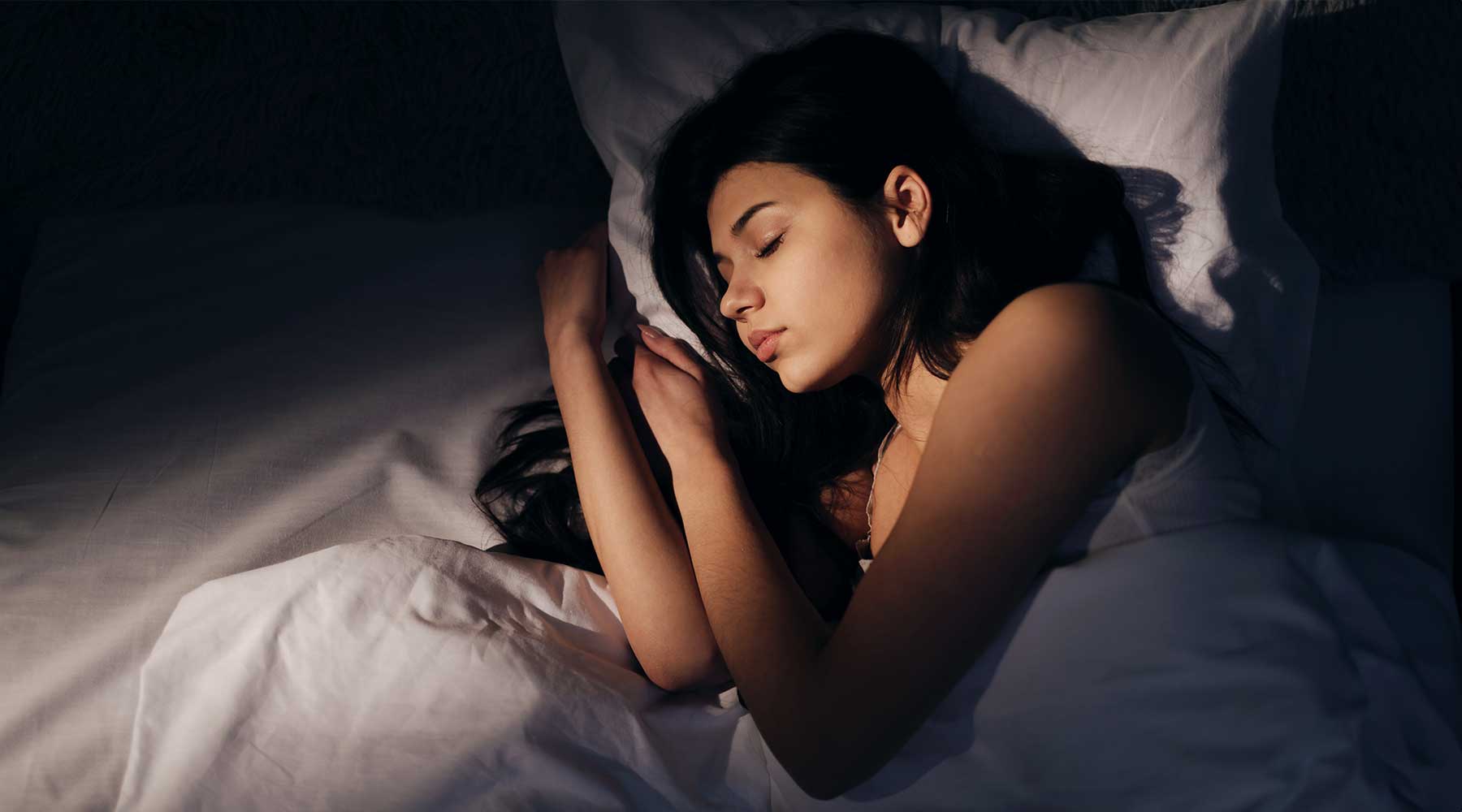
Sleep problems in depression
Almost 90% of depressed people suffer from sleep disorders. Sleep problems can be both a consequence and a cause of depression. Here we explain why depressive illness affects sleep and what tips can help support sleep and well-being.
Table of Contents
- What is depression?
- Sleep problems as a cause of depression
- Sleep problems as a symptom of depression
- Sleep tips for depression
- Conclusion
1. What is depression?
Depression is a widespread mental illness in which characteristic physical, psychological and behavioral symptoms occur. Depending on the severity of the impairment, a distinction is made between mild, moderate and severe depressive episodes.
Possible symptoms of depression:
- Persistent low mood/sadness
- Lack of joy/interest
- Hopelessness/lack of motivation
- Constances of unrest
- Sleep disorders
- Feelings of guilt and worthlessness
- Decreased concentration and attention
Anyone who is exhausted and burnt out from everyday life needs regeneration all the more urgently and therefore a sufficient amount of restful sleep, which is exactly when it often becomes a challenge. Around 80 – 90% of depressed people suffer from sleep disorders. Lack of sleep can not only be a symptom, but also a cause of mental illness. Supporting healthy sleep can therefore be very useful in the treatment and prevention of depression.
2. Sleep problems as a cause of depression
Lack of sleep damages our organism on every conceivable level and can actually promote the occurrence of depression or burnout. Without enough sleep, the brain and nervous system in particular cannot function properly, which means that psychological stress, depressive moods or persistent states of excitement and exhaustion are more likely to arise. Regeneration in all areas of the body is disrupted, we are tired and exhausted and suffer more from stress. Sleep disorders can also worsen your mood, change your metabolism and throw your hormones out of balance. A persistent lack of sleep harms your health in many ways and increases the risk of developing depression.
3. Sleep problems as a symptom of depression
Sleep disorders are a common side effect of mental illness. Those affected often do not rest well, suffer from tension or the nervous system always remains on alert. This makes it more difficult to stop the spiral of thoughts, get involved in sleep and ultimately fall asleep. People in depressive phases are also under increased stress and release more cortisol, a stress hormone that counteracts sleep.
The sleep structure can also change in depressive illnesses. The proportion of deep sleep, i.e. regenerative sleep, decreases while more time is spent in REM sleep (dream sleep). This also contributes to the fact that those affected may not feel recovered and only feel more exhausted, even though they supposedly slept for a sufficient amount of time.

Finally, it also depends on whether and which medication the patients receive. Many psychotropic drugs have a direct effect on the brain or nervous system and also influence sleep.
Sleep and depression are closely related and can influence each other both negatively and positively. It may therefore make sense to integrate improving sleep into the treatment of acute depression and also to work on healthy sleep behavior in the long term in order to prevent recurring depressive episodes.
4. Tips for sleeping if you have depression
The general rules of good sleep hygiene also apply to affective disorders such as depression. Some points can be particularly important in the case of depressive symptoms:
Regulated sleep times
Try to take enough time for sleep, but also make sure that you don't spend too much time in bed, especially during the day, and that you are active every now and then.
Relaxation exercises
Relaxation exercises can help you calm down better mentally and physically. This can increase well-being and improve sleep. For example, try breathing exercises or progressive muscle relaxation (PMR).
No print
Depression can be persistent and long-lasting, so you shouldn't put pressure on yourself when it comes to sleep and stay calm if you can't fall asleep despite being exhausted or are often tired.
Bed environment
Use the bed only for sleeping and not for resting, reading or eating. Overall, make sure you have a suitable bed environment and make yourself as comfortable as possible. When you feel comfortable and safe, you can sleep better.
| Please remember that depression is a serious illness that typically requires professional support. Although improving sleep can complement the treatment process, it cannot replace therapeutic or pharmacological therapy. To do this, you should contact your family doctor, psychotherapist or psychiatrist. |
5. Conclusion
-
80 – 90% of depressed people suffer from sleep disorders
-
Sleep and depression are closely related and can influence each other both negatively and positively
-
Bad sleep can not only be a symptom, but also a cause of a depressive illness
-
Good sleep hygiene can improve sleep and help treat and prevent depression
Greetings and see you soon!




Leave a comment
This site is protected by hCaptcha and the hCaptcha Privacy Policy and Terms of Service apply.